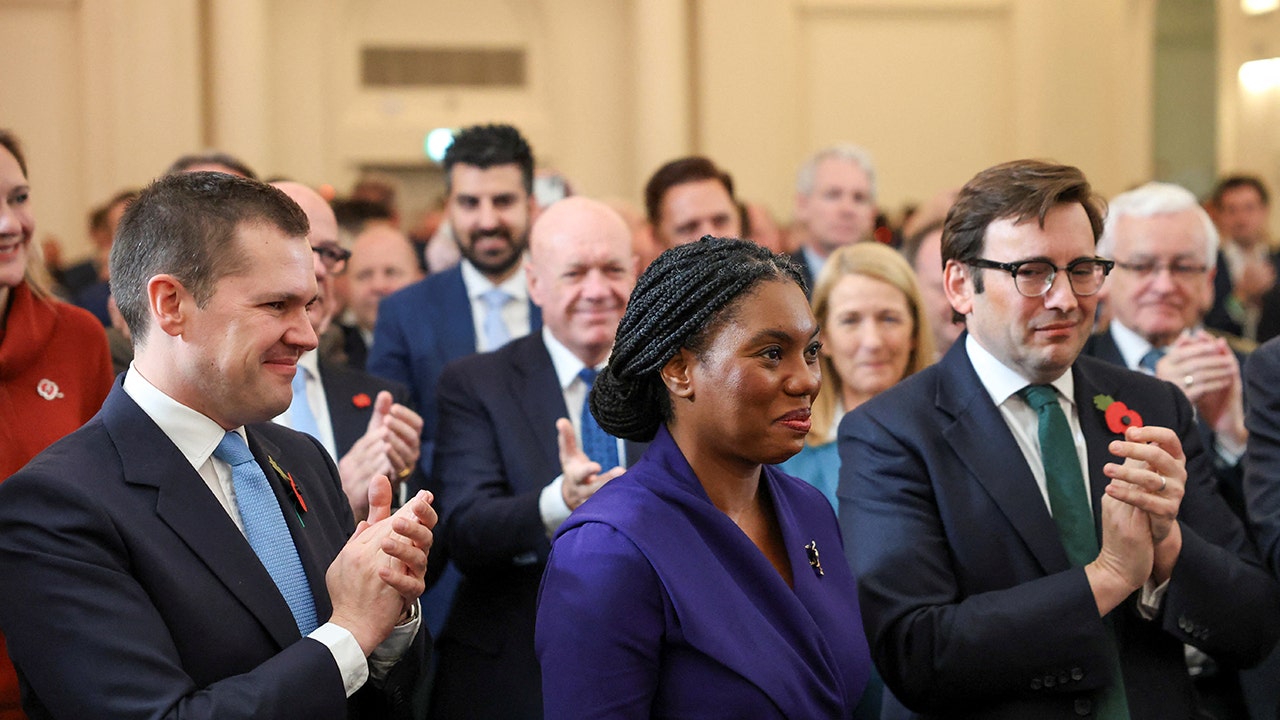Tenda, a major player in Brazil’s affordable housing sector, has shown a striking recovery in the third quarter of 2024. The company’s focus on the Minha Casa Minha Vida program has paid off handsomely.
Tenda reversed its previous losses and posted a profit of R$ 76.2 million ($13.4 million). This marks a significant shift from the R$ 23.8 million loss in the same period last year.
The company’s consolidated net revenue reached a record R$ 912.1 million ($160 million). This 16% increase stems from higher apartment sales and rising average unit prices.
Tenda’s main division, which builds concrete structures, contributed greatly to this success. It turned a R$ 10.3 million loss into a R$ 92.1 million ($16.2 million) profit.
However, not all divisions performed equally well. The Alea division, which focuses on prefabricated wooden structures, still faces challenges.
 Tenda Doubles Project Launches, Hits R$2.15B in Q3 2024. (Photo Internet reproduction)
Tenda Doubles Project Launches, Hits R$2.15B in Q3 2024. (Photo Internet reproduction)It reported a loss of R$ 15.9 million ($2.8 million), up 23.1% from the previous year. Despite this setback, Alea’s gross margin improved by 5.5 percentage points, reaching 10.4%.
Tenda’s Strong Financial Growth
Tenda’s overall financial health has improved significantly. The company’s adjusted EBITDA soared by 167% to R$ 150.8 million ($26.5 million).
The adjusted EBITDA margin also increased by 9.4 percentage points to 16.5%. These figures exclude capitalized interest, stock plan expenses, and minority interests.
The company’s success extends beyond its financial statements. Tenda launched a record number of new projects in the quarter.
The total value of these launches reached R$ 2.15 billion ($377.2 million), more than doubling the previous year’s figure. Net sales also jumped by 68% to R$ 1.55 billion ($272.3 million).
Tenda’s growth strategy involves geographical expansion and product diversification. The company has entered new markets in Ceará and Pernambuco. It has also participated in São Paulo’s “Pode Entrar” program, launching two projects worth R$ 531.8 million ($93.3 million).
The company’s improved performance has led to revised projections for 2024. Tenda now expects net sales between R$ 3.3 billion and R$ 3.5 billion ($579 million to $614 million). The adjusted gross margin is projected to be between 29% and 31%.
Tenda’s success story reflects broader trends in Brazil’s housing market. Government initiatives have created a favorable environment for affordable housing developers.
However, the company’s ability to capitalize on these opportunities stems from its strategic decisions and operational efficiency.
Strategic Financial Management
The company’s focus on cost reduction and efficiency has yielded tangible results. Tenda reported savings of R$ 4.1 million in construction costs due to improved engineering and management practices.
This approach has helped offset rising construction costs, as measured by the National Construction Cost Index (INCC).
Tenda’s financial management has also been prudent. The company’s net debt decreased by 4.6% over the year to R$ 432.4 million ($75.9 million). Its leverage ratio, measured as net debt to equity, fell by 5.1 percentage points to 45.2%.
While Tenda’s performance is impressive, challenges remain. The Alea division’s continued losses highlight the risks of diversification.
The company must balance innovation with profitability as it expands into new construction methods. Tenda’s story demonstrates the potential for growth in Brazil’s housing market.
It also shows how strategic management can turn challenges into opportunities. As the company moves forward, it will need to maintain this balance of innovation and financial prudence.

 By The Rio Times | Created at 2024-11-07 10:18:38 | Updated at 2024-11-07 12:38:52
2 hours ago
By The Rio Times | Created at 2024-11-07 10:18:38 | Updated at 2024-11-07 12:38:52
2 hours ago








